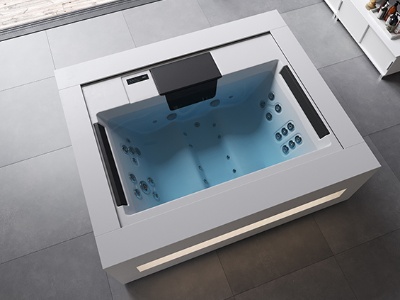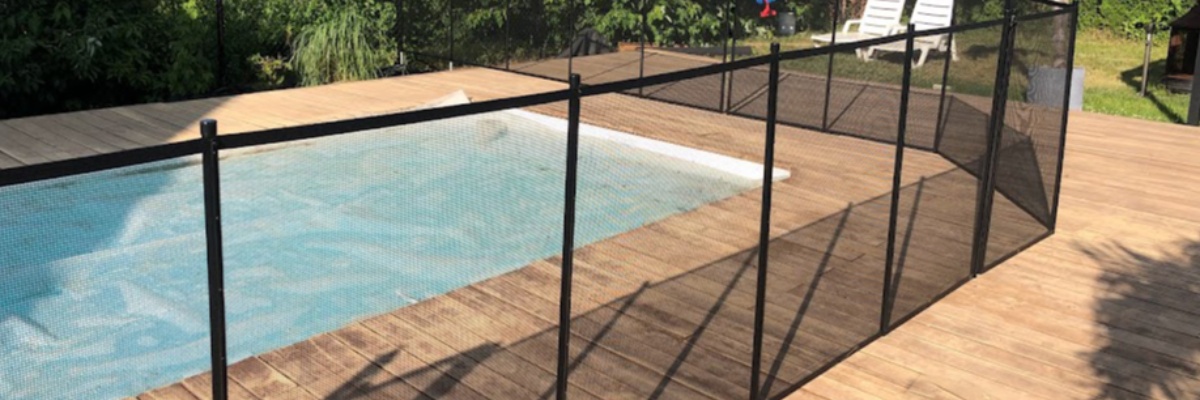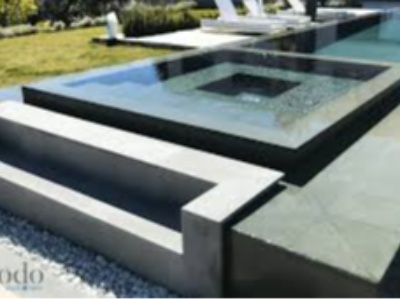
Private swimming pools are an ideal place to relax, but they also represent a danger, especially for young children. This is why France has introduced strict legislation aimed at reducing the risk of accidents. Since the law of 3 January 2003, private pool owners are subject to legal obligations concerning the safety of their pool. In 2025, these regulations will remain essential and compliance with them is vital to avoid sanctions.
Why legislation on pool safety?
Every year, hundreds of drowning accidents are recorded in France, mainly involving children under the age of six. In response to this reality, the government has introduced a regulation requiring owners to install at least one safety device to limit these tragedies. In addition to protecting users, this law makes owners more responsible and guarantees safer use of private swimming pools. The law applies to private family swimming pools, whether in-ground or semi-inground. It also covers communal swimming pools in holiday lets. However, above-ground, removable or inflatable pools are not subject to these requirements.Mandatory safety devices
To comply with the law, each swimming pool must be equipped with at least one of the following safety devices:- Safety barriers: These must be installed all around the pool and be at least 1.10 metres high to prevent access by children.
- Pool alarms: These can be perimeter or underwater alarms and must detect any intrusion or fall into the water.
- Safety covers: These must completely cover the pool and be strong enough to support the weight of a child.
- Pool enclosures: They must comply with NF P90-309 standards and prevent access to the pool when closed.




